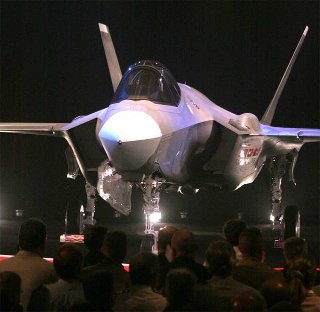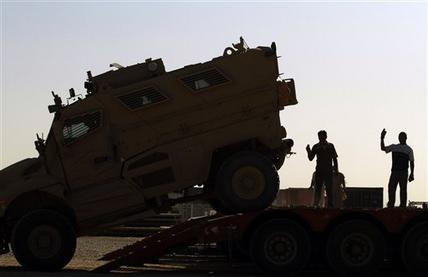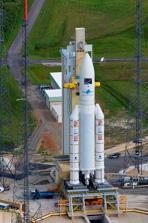A Christian pastor on Thursday canceled a plan to burn copies of the Koran at his obscure Florida church, which had drawn international condemnation and a warning from President Barack Obama that it could provoke al Qaeda suicide bombings.Defense Secretary Robert Gates called Terry Jones, an obscure minister who heads the tiny Dove World Outreach Center church in the Florida town of Gainesville, to urge him not to go ahead, the Pentagon said.
Pentagon spokesman Geoff Morrell said Gates had expressed “grave concern” in the brief telephone call with Jones that the Koran burning “would put the lives of our forces at risk, especially in Iraq and Afghanistan.”Jones later told journalists outside his church that he was calling off his plan, which had caused worldwide alarm and raised tensions over this year’s anniversary of the September 11, 2001, al Qaeda attacks on New York and Washington.
He confirmed Gates’ call but linked his decision to what he said was an agreement by Muslim leaders — which they denied — to relocate an Islamic cultural center and mosque planned close to the site of the September 11 attacks in New York.The proposed location has drawn opposition from many Americans who say it is insensitive to families of the victims of the September 11 attacks that killed nearly 3,000 people.”The imam has agreed to move the mosque, we have agreed to cancel our event on Saturday,” Jones said.
CONFUSION OVER MOSQUE “DEAL”
He said he would fly to New York on Saturday with Imam Muhammad Musri, head of the Islamic Society of Central Florida to meet the New York imam at the center of the controversy, Feisal Abdul Rauf.But Rauf said in a statement he was surprised by the announcement. “I am glad that Pastor Jones has decided not to burn any Korans. However, I have not spoken to Pastor Jones or Imam Musri. I am surprised by their announcement,” he said.
“We are not going to toy with our religion or any other. Nor are we going to barter. We are here to extend our hands to build peace and harmony,” he said.Sharif el-Gamal, the project developer for the New York mosque, said in a statement: “It is untrue that the community center known as park 51 in lower Manhattan is being moved. The project will proceed as planned. What is being reported in the media today is a falsehood.”Musri conceded to reporters: “This is not a done deal yet. This is a brokered deal,” he said. He said he had no fixed time for him and Jones to meet Rauf in New York.
INTERNATIONAL CONDEMNATION
Earlier, world leaders had joined Obama in denouncing Jones’ plan to burn copies of the Islamic holy book on Saturday, the ninth anniversary of the September 11 attacks.The international police agency Interpol warned governments worldwide of an increased risk of terrorist attacks if the burning went ahead, and the U.S. State Department issued a warning to Americans traveling overseas.
Jones has said Jesus would approve of his plan for “Burn a Koran Day,” which he called a reprisal for Islamist terrorism.The United States has powerful legal protections for the right to free speech and there was little law enforcement authorities could do to stop Jones from going ahead, other than citing him under local bylaws against public burning.Many people, both conservative and liberal, dismissed the threat as an attention-seeking stunt by the preacher.”This is a recruitment bonanza for al Qaeda,” Obama said in an ABC television interview.
“You could have serious violence in places like Pakistan or Afghanistan. This could increase the recruitment of individuals who would be willing to blow themselves up in American cities or European cities.The president, who has sought to improve relations with Muslims worldwide, spoke out in an effort to stop Jones from going ahead and head off growing anger among many Muslims.Insults to Islam, no matter their size or scope, have often been met with huge protests and violence around the world. One such outburst was sparked when a Danish newspaper published a cartoon mocking the Prophet Mohammad in 2005.
Pentagon spokesman Morrell said earlier in the day that there was intense debate within the administration over whether to call Jones. Officials feared of setting a precedent that could inspire copy-cat “extremists.”Jones’ plan was condemned by foreign governments, international church groups, U.S. religious and political leaders and military commanders.It also threatened to undermine Obama’s efforts to reach out to the world’s more than one billion Muslims at a time when he is trying to advance the Middle East peace process and build solidarity against Iran over its disputed nuclear program.(Reuters)



